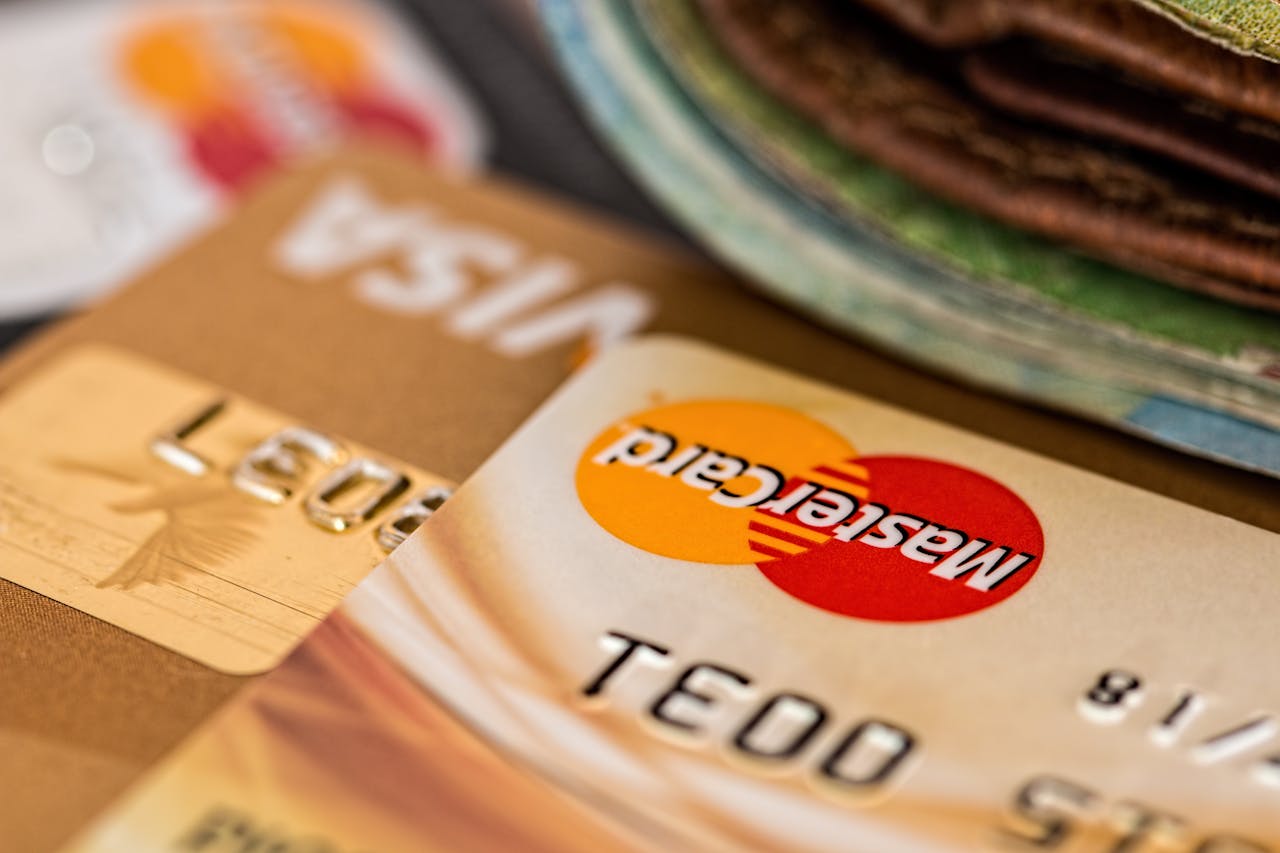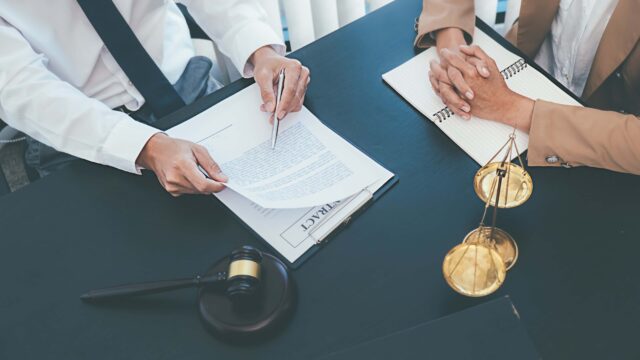Discovering that your credit card has been stolen can be a frightening experience. Panic often sets in quickly, but taking the right steps immediately can protect your finances and limit the damage. Many people do not realize that they have important legal rights when this happens, and those rights can make the recovery process much smoother. Acting quickly is paramount. Read on and reach out to a seasoned consumer lawyer from Cook Law to learn more. Here are some of the questions you may have:
How Should I Respond the Moment I Notice My Card is Stolen?
The first thing to do when you realize your credit card is missing is to contact your bank or credit card company. Most major card issuers have a 24-hour hotline specifically for reporting lost or stolen cards. By notifying your card company right away, you reduce the chance of fraudulent charges being approved. Once reported, your card will usually be canceled and replaced with a new one.
It is also important to check your most recent transactions online or through your bank’s mobile app. Many thieves begin with small purchases to test whether the card will work. If you see charges you did not make, you should report them immediately. Documenting everything is wise. Keep records of phone calls, copies of letters, and confirmation numbers. Having proof of when you reported the theft can be critical if disputes arise later.
What Legal Protections Do I Have Against Fraudulent Charges?
Federal law offers strong consumer protections when it comes to credit card theft. Under the Fair Credit Billing Act, you cannot be held responsible for more than $50 in unauthorized charges, and if you report the theft before the card is used, you are not liable for any amount at all. In fact, most card companies today have zero-liability policies, which means they will remove all fraudulent charges once the theft is confirmed.
Debit cards, however, are different. If your debit card information is stolen, your potential liability can be much higher depending on how quickly you report the problem. This is why using a credit card rather than a debit card often provides stronger protection.
Should I Take Any Additional Steps Beyond Contacting My Bank?
Yes, there are other steps worth taking to safeguard your credit and prevent future issues. Filing a police report may seem unnecessary if only your credit card was taken, but having an official record can be valuable, especially if your wallet was stolen along with personal documents. A police report can also help strengthen your position in disputes with creditors.
You should also place a fraud alert on your credit file with the three major credit bureaus: Equifax, Experian, and TransUnion. A fraud alert makes it harder for identity thieves to open new accounts in your name. In some cases, it may also make sense to freeze your credit entirely, which blocks any new credit applications until you lift the freeze.
Finally, continue to monitor your accounts closely for the next several months. Criminals sometimes hold onto stolen information and use it later. Free annual credit reports can be requested at AnnualCreditReport.com, and reviewing these reports will help you spot unfamiliar accounts or suspicious activity.
If you have further questions or require the services of a seasoned identity theft lawyer, please don’t hesitate to contact Cook Law today.



